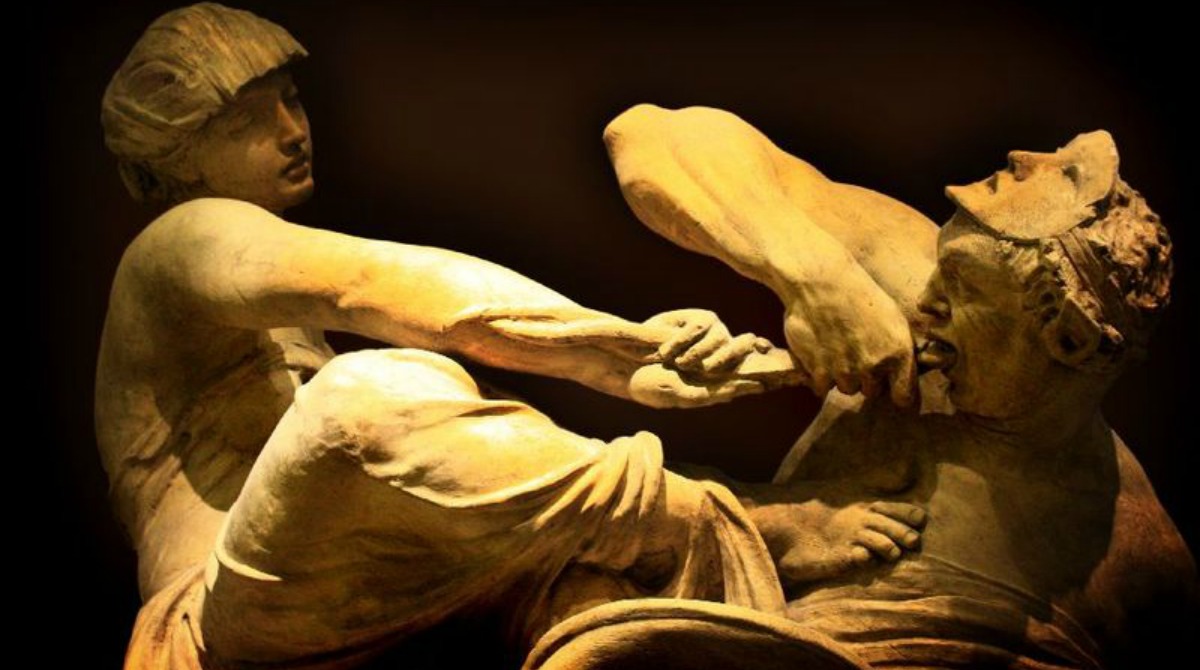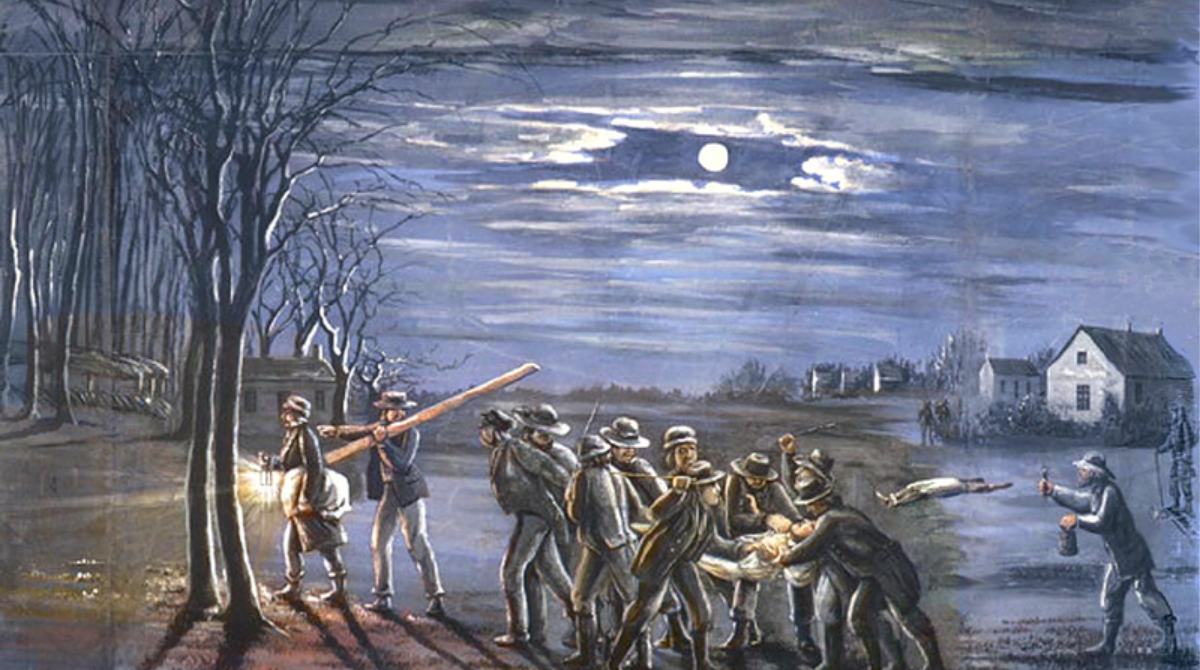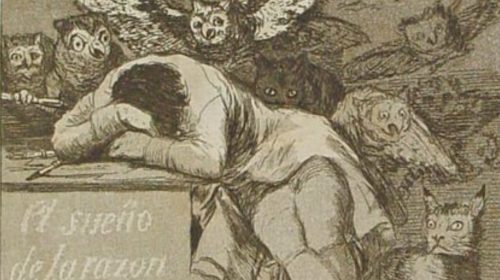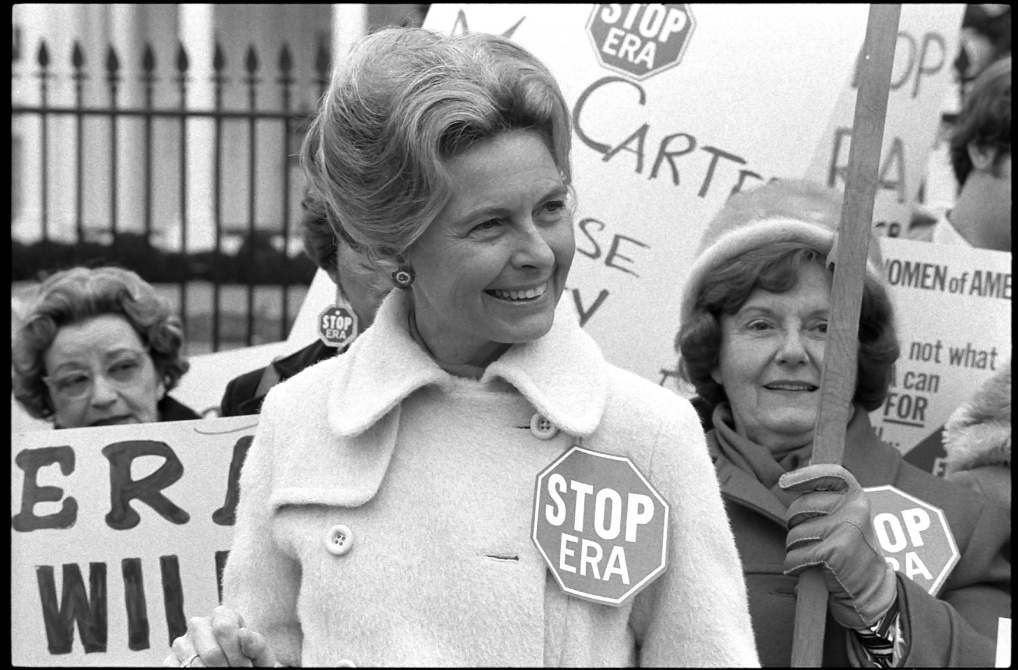More truth in fiction in Trump’s America
I have been in America to give some talks about the state of the West. Arriving at New York’s JFK airport, I’m at the end of a queue of several hundred people snaking back from the passport hall. Behind me, an enterprising Englishman detects an ambiguity in the instruction to stay in this queue rather than the other one where the number of people is zero. “Shall we give this a try?” he asks me, and we sprint past the hundreds standing patiently in line.
I reach the passport official within a few minutes, jittery he might tell me to go back to the very start of the humungous queue. Nothing like that: instead, upon learning I’m a journalist, he says: “Waddya think about fake news?” He then launches into a tirade about how, as a Trump voter, he no longer believes a word he reads or hears from any of the media. In a small voice I venture that I don’t do fake news. He stamps my passport. Have a nice day.
∗∗∗
In Manhattan, I attend a glittering black-tie dinner at the Metropolitan Club with its magnificent gold-panelled ceiling and sumptuous frescoes. The glittering guests, mainly brittle media types, make me feel I’ve stepped into a Tom Wolfe novel. I mention to the wife of a respected editor my memoir, Guardian Angel, which has just been published in the US and which is about my descent into infamy from darling of the left to cultural Nazi. She is so entranced that she interrupts her husband’s conversation to tell him; he treats this important news with monumental disdain.
Very disturbing things are happening in Britain, she says darkly. Brexit? Corbyn? “The baby!” she exclaims impatiently. Ah, that baby. Alfie Evans, whose tragically impaired life ended last week after his parents lost their battle to stop Alder Hey hospital turning off his life support. The case has had widespread coverage in America, where the near unanimous view is that it proves the NHS is a killer and Britain is a totalitarian state. None of these commentators, of course, has read the High Court judgment. This not only recorded that Alfie’s brain had virtually disintegrated, so the proposal to fly him to Italy and perform a tracheotomy on this dying child was futile. Worse, he might have uncontrollable fits on the journey and die in transit. Worse still, the possibility couldn’t be ruled out that any such measures might cause this terribly sick baby pain or distress.
I murmur something to the editor’s wife about cultural differences. “Only the parents can decide what’s in their child’s best interests,” she snaps. What, even if in their own agony they make unwise decisions that might cause the child pain? “That is the description of a totalitarian state,” she barks, and turns away. Clearly, I have become once again a cultural Nazi.
∗∗∗
Of course, a cultural chasm has opened up between Americans themselves over President Donald Trump. On Manhattan’s Upper East Side I listen to two well-to-do women discussing Trump’s voters. “Do you even begin to understand why they voted for him?” one asks the other. “It must be because they’re so resentful at being economically left behind,” says the other. They shake their heads in despair.
In a church in Cleveland Ohio I address some 1400 congregants on what I call the West’s eclipse of conscience and reason. I tell them why I believe people voted for Trump: that whatever his manifold failings, which certainly alarm and disturb me, he believes in and loves America and the American people. He will do everything he can to defend the American people, to uphold the values that make America the exceptional nation and to defend the primacy of the constitution and the rule of law. The audience applauds wildly with whistles and cheers. Afterwards, as I sign my books people say shyly, “Thank you for understanding why we voted for him”.
∗∗∗
In addition to my memoir I’m trying to promote my first novel, The Legacy, which is also just out in the US. By chance it turns out to be remarkably in tune with current events since it deals with antisemitism on the left, the Holocaust in Poland and attitudes to Israel. When I tell this to people in America, they declare they can’t wait to read it. Even more gratifyingly, I meet folk who tell me enthusiastically they’re up to such-and-such in the story and identify so much with this or that character. I am speechless; this novel took years to finish, most of which was spent telling myself that writing a novel was beyond me. I was only a journalist dealing in factual evidence. Clearly, as I always suspected, there’s more truth in fiction.




